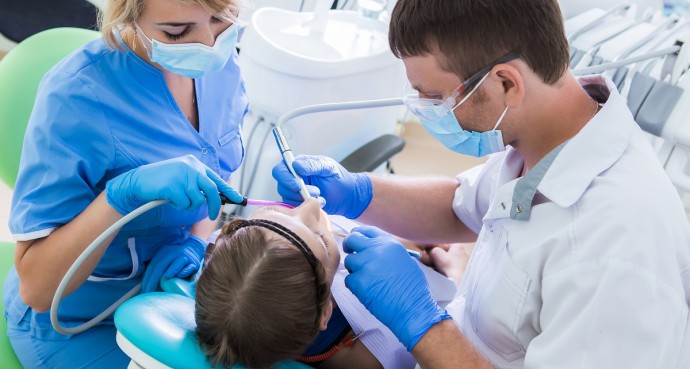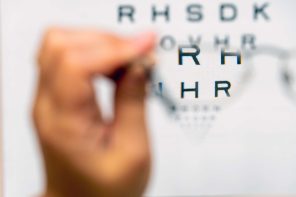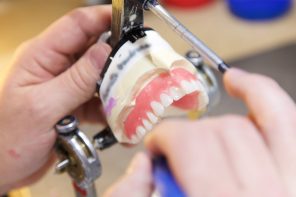A typical phobia that many people have is odontophobia (dental phobia). This phobia is the paralyzing fear of dentists and dental care. This fear often prevents individuals from getting the oral health treatments that are important to overall health and welfare.
For odontophobia patients sedation dentistry is highly recommended by dentists. Sleep dentistry or sedation dentistry is a treatment option specially trained dentists have to lessen the stress of their patients, and to have a productive visit. Sleep dentistry generally involves medication that puts the patient into a tranquil state enabling the dentist to properly finish whatever treatment process.
Medication is usually given in one of three ways.
- An oral sedation in the form of an anesthetic drink which a patient takes before the treatment.
- Gas inhalation sedation which is inhaled through the nose via a mask
- Intravenous drug sedation given via needle through the veins in the arms or hands
There are various things that affect the choice of administering sedation. There is the comfort of the patient to consider along with age, medical history, and so on.
The gag reflex is one of the most common issues that are considered for sleep dentistry. Everyone has a gag reflex which helps a person keep from inhaling other substances other than air. In some people this reflex is overly sensitive. During some procedures dentists may inadvertently activate the gag reflex. This could make the procedure more difficult to carry out. Sleep dentistry reduces the gag reflex permitting the dentist to more effectively do the treatment, and the patient is more at ease.
Sedation dentistry is also a viable option for patients who move about a great deal during treatment. This is usually involuntary because the reflex of a patient reacts to various stimuli. These reflex movements interfere with the treatment process. Sleep dentistry lessens the reflex movements keeping the patient still, and speeding up the treatment time.
If there are many treatments that need to be done, and there is a time issue with the patient. Sleep dentistry can lessen how many visits a patient will need to attend, and by allowing the patients to endure extended appointments. It also allows the dentist to work more effectively. Procedures that require multiple visits, and that are complex can be done proficiently and quickly with sedation dentistry. At times the visits are reduced to one appointment. Some complex procedures that are included in this category are implant surgeries and root canals.





